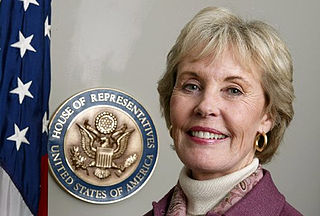A Quote by George W. Bush
I come from the school of thought that says when people have more money in their pocket during economic times, it increases demand or investment. Small businesses begin to grow, and jobs are added.
Related Quotes
When I talk about the ability for fintech to promote kind of economic growth and productive citizens coming in, using different data and being able to lend to small businesses, see those small businesses start to grow - of course, that means more money for their families, you know, the small-business owner families. They start to hire people.
Times of economic crises can change what the competitive landscape looks like, because when, for example, you have boom times, capital is easy to come by, growth is easy, sometimes what you focus on is, you know, how to accelerate in the boom. During economic crises, the question is, the companies that come out of, you know, that are sailing through that with the best liquidity, both assets on the balance sheet, making money, ability to grow their businesses, get a disproportionate competitive advantage.
When the government takes more money out of the pockets of middle class Americans, entrepreneurs, and businesses, it lessens the available cash flow for people to spend on goods and services, less money to start businesses, and less money for businesses to expand - i.e. creating new jobs and hiring people.
If you bring [tax] rates down, it makes it easier for small business to keep more of their capital and hire people. And for me, this is about jobs. I want to get America's economy going again. Fifty-four percent of America's workers work in businesses that are taxed as individuals. So when you bring those rates down, those small businesses are able to keep more money and hire more people.
Our biggest challenge in this digital age that we are entering is how do we effectively begin to train people for the jobs that are going to exist and not have them be stuck on jobs that are going to go away? And this is a big deal. And it requires the businesses of this country to, in my opinion, first of all, demand changes in the education system and also develop innovative, creative ways to have industries train people for the skills that are necessary for the jobs that are coming.






























